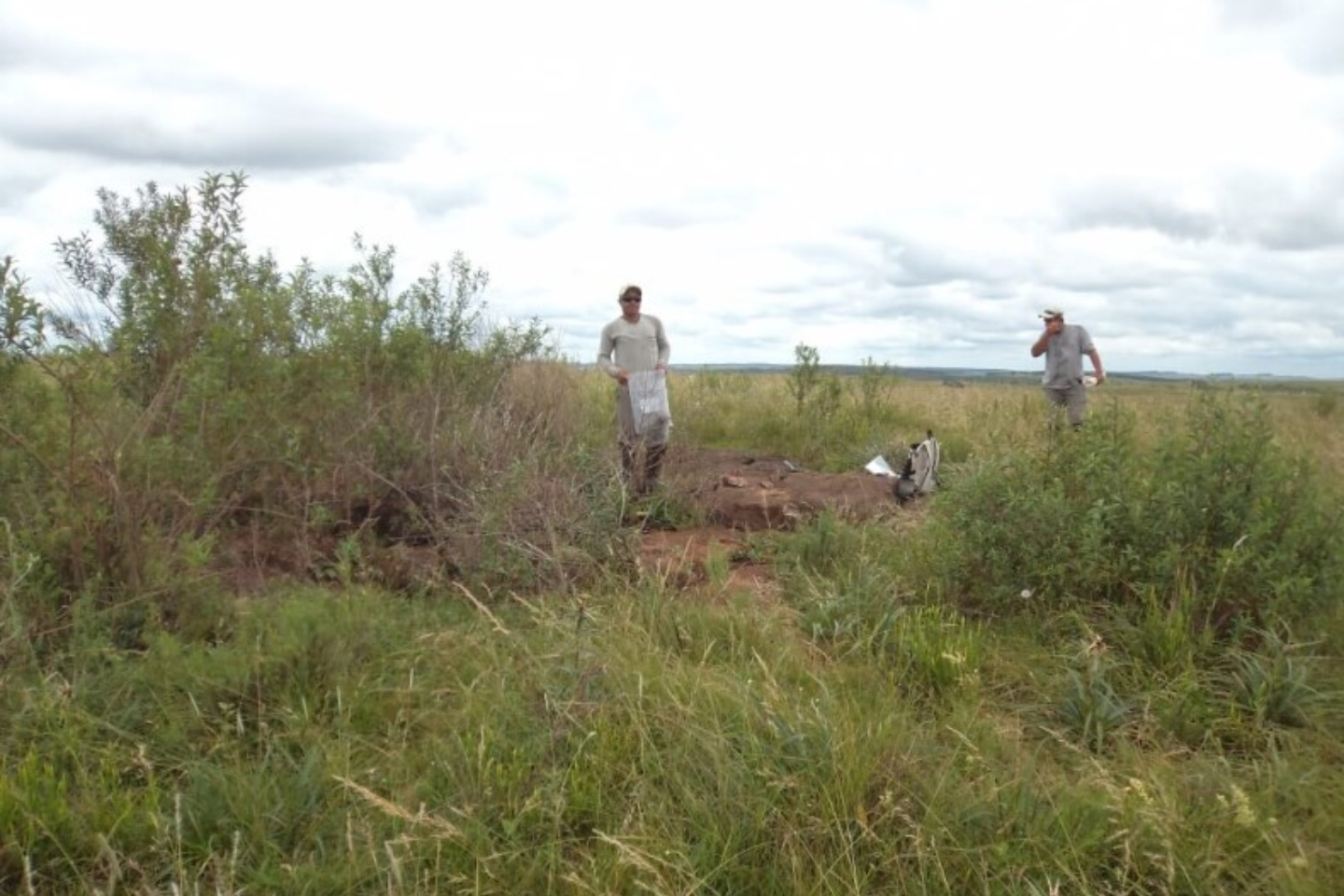Aguia Resources is on the cusp of securing a processing facility close to its Tres Estrades phosphate project in Brazil that should see it avoid paying through the nose for a brand new one and lead to an earlier production ramp up by mid-2025. The identification of existing processing plants within an economic trucking distance of Aguia's orebodies presents a unique opportunity to cut costs and accelerate production timelines.


Aguia Resources is on the cusp of securing a processing facility close to its Tres Estrades phosphate project in Brazil that should see the company sidestep the need to build and expensive new plant and lead to an earlier production ramp up by mid-2025.
The company says the identification of existing processing plants within an economic trucking distance of its orebodies has presented a unique opportunity to cut costs and accelerate production timelines. Management is now understood to be close to wrapping up a lease or purchase agreement on an existing plant – a deal which would eliminate the need to develop new processing operations at the Tres Estradas site.
Once the deal is sealed, Aguia estimates it can produce the annual tonnage outlined in its bankable feasibility study (BFS) for Tres Estradas of 300,000 tonnes per annum within three years of ramp-up at considerably less than the originally-anticipated $26 million to build a new plant. The fortuitous acquisition should also bring forward first production to the middle of next year.
The company is also negotiating with the Brazilian Development Bank to renew a $4.48 million loan in a move aimed at debt funding up to 70 per cent of the project’s development costs, while minimalising shareholder dilution. Management anticipates a straightforward operation involving free-digging, drying and reducing the phosphate to a 2mm saleable product without the need for chemicals.
The processing plant deal is expected to require only minimal upfront payments and costs will be financed from operating cash flow. If, as the company expects, profitability is confirmed through cash flows from its operations, the financial risk for shareholders will be minimalised before the purchase is finalised.
Aguia Resources executive chairman Warwick Grigor said: “Aguia’s phosphate assets in Brazil offer the potential for a long-life operation, as already demonstrated by previously released BFS studies. The ability to minimise up front capital costs through the use of pre-existing treatment facilities could greatly improve the economics of the operation and enable a fast-tracking route to positive cashflow, and we will look to finalise a transaction in the near term.”
Given the soft nature of the Tres Estradas saprolite ore, a crushing circuit is unlikely to be necessary. However, the company is considering adding a rotary kiln to reduce the moisture content of the rock phosphate before producing a 2mm product, in addition to a bagging facility.
In addressing the potential offtake market, Aguia has noted the local Rio Grande do Sul area is completely reliant on imported phosphate. By producing 300,000 tonnes of organic phosphate fertiliser, 15 per cent of existing demand could be supplied within a 300km radius of its mine site.
Marketed for the past three years under the name Pampafos, the organic product has won strong local support due to its solubility and proven extremely effective for plant absorption. For four years, it has been tested on five sizable grain crops globally and management says it has consistently performed as well as, or better than, its chemical counterparts because of the unique blend of macro and micronutrients.
Not wanting to sit back on its heels, the company has also started drilling out a second, 100 per cent-owned phosphate project called Mato Grande to define a JORC resource. If successful, it could extend the operation beyond the initial 18-year lifespan and increase production capacity.
Four further carbonatites remain untested and could provide further product supply.
Aguia has gone through somewhat of a recent transformation. Last month, Warwick Grigor, a veteran analyst of commodity markets and related companies, stepped up as executive chairman, while experienced mining identity William Howe, who was the founding director of Straits Resources, has taken on the role of managing director.
The company also successfully completed the acquisition of Andean Mining last month in an all-script deal giving it control over that firm’s flagship Santa Barbara gold project in Brazil. Santa Barbara is a high-grade mesothermal project with an existing 30-tonne per day throughput.
To date, the plant has processed 500 tonnes of ore, with average grades running at an impressive 20 grams per tonne gold. In-house upgrade studies have confirmed that with a small capex spend of about $2 million, Aguia will be able to increase throughput significantly.
The company is also investigating the addition of a new, bigger-scale crushing circuit with a much larger capacity and a sizable increase in leaching capabilities.
With so many opportunities to quickly expand – without share dilution – to bring forward early cashflow and a robust market for both phosphate and gold, Aguia appears set to deliver the goods in a period of solid expansion.
Is your ASX-listed company doing something interesting? Contact: matt.birney@businessnews.com.au












